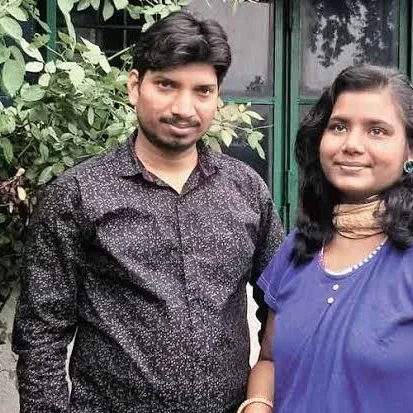The Supreme Court has refused to grant bail to Rupesh Kumar Singh, a 37-year-old journalist from Jharkhand. Singh has been imprisoned since July 2021, facing serious charges including alleged ties to the Communist Party of India and raising funds illegally for Maoist groups. He is accused under the Unlawful Activities (Prevention) Act (UAPA), a strict anti-terror law, as well as other sections of the Indian Penal Code. The journalist’s arrest came after he published a Twitter thread discussing the effects of a controversial government policy.
The court’s decision has greatly upset Singh’s family. They believe that the charges against him are politically motivated, pointing out his history of critical reporting. His wife expressed deep sadness, saying they feel lost and unsure of what to do next. Singh’s lawyers argue that the accusations are baseless and are part of a wider effort to suppress opposing views. This case has become a focal point for discussions about the importance of free speech and the use of anti-terror laws.
Furthermore, the case of Rupesh Kumar Singh has created debate about the use of the UAPA law. This law has a powerful impact on both journalism and civil rights. The government insists that Singh’s arrest was based on solid evidence of criminal actions. However, critics are worried that the government is using the law to silence people who disagree with their policies. The Supreme Court’s decision has intensified the discussion around how to balance national security with the protection of civil liberties. This ongoing legal struggle will continue to shape the conversation about the freedom of the press in India.
